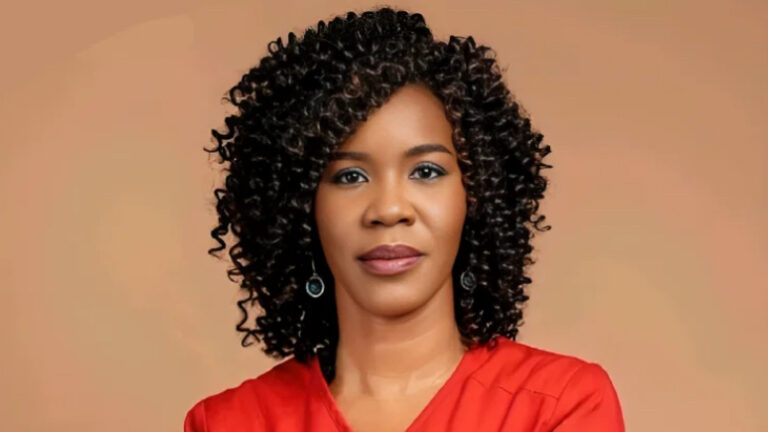Miriam Mutebi shared a post on LinkedIn:
“Yesterday morning, I came across a post on X that immediately caught my attention, and shortly after, a colleague asked for my opinion on the matter.
This was also followed up by queries from several patients, who were a little anxious about their ongoing treatment. The post featured a news segment from a local media outlet discussing a national study involving 440 cancer patients. The report claimed that 76% of those who chose traditional medicine over chemotherapy experienced significant improvements.
While these findings are intriguing, it’s essential to approach them with caution.
Cancer is a complex and sensitive disease, and how we communicate about it is crucial. The media holds incredible power in shaping public perception, and social media can be a double-edged sword—informative, yet potentially misleading. It’s our responsibility to ensure that the information shared is balanced and accurate, as people often trust what they read on social media more than their own opinions.
Traditional and plant-based therapies can be beneficial to cancer treatment and quality of life; but they should complement, rather than replace conventional evidence-based medicine. Let’s not throw away the baby with the bath water. We shouldn’t be too quick to discard decades of scientific data-driven progress. The key is to find a way to safely integrate traditional remedies into a broader treatment plan maintaining a holistic approach and keeping patients at the center of these efforts.
For patients navigating this sea of information, it can get overwhelming, so here are some tips:
➡ Trust but Verify: Always look for credible sources and verify treatment claims with multiple experts. Even in our oncology work, we welcome second opinions. Just because it’s on social media doesn’t make it true.
➡ Understand the Risks: Be aware of potential drug interactions between these remedies and conventional therapies and the lack of scientific evidence for some alternative/ complementary therapies.
➡ Consult Your Doctor: If considering making any changes to your cancer treatment, consult with your healthcare provider first to ensure it’s safe and suitable for your situation. Remember patients may react differently to treatments for similar cancers. There is no size fits one, it’s about personalized care.
In cancer care and treatment, we need all hands on deck, including the media, policymakers, and healthcare providers. Let’s work together to ensure that patients receive well-rounded, accurate information that supports their health and well-being.”
Source: Miriam Mutebi/LinkedIn
Miriam Mutebi is a Breast Surgical Oncologist and Assistant Professor in the Department of Surgery at the Aga Khan University Hospital in Nairobi, Kenya. She is the President of the African Organization for Research and Training in Cancer (AORTIC), and past president for Kenya Society of Hematology and Oncology (KESHO) and on the Board of Directors of the Union for International Cancer Control (UICC). She is the co-founder of the Pan African Women’s Association of Surgeons and is part of the Kenya Association of Women Surgeons. She is an avid supporter for the education and support for women, especially in surgery and she aims to provide mentorship for women in surgery and to improve women’s health and surgical care in Africa. She is currently pursuing a pilot’s license in order to extend breast care services to marginalized areas.



